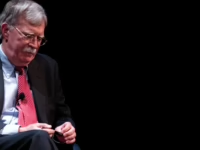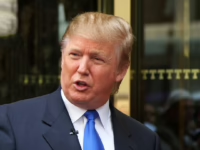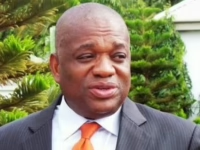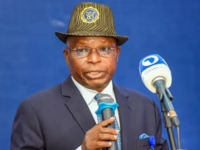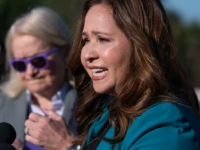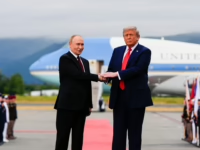Despite the uproar sparked by the abrupt dismissal of a prominent espionage case, government officials remain committed to revitalizing diplomatic ties with China, with several senior-level visits slated before the year concludes.
Among the planned engagements is a November trip to Beijing by Jonathan Powell, the national security adviser, intended to pave the way for a potential visit by Keir Starmer in the coming year.
Additionally, Bridget Phillipson, the education secretary, and Patrick Vallance, the government’s chief scientific adviser, are expected to undertake official visits to China before the year’s end.
However, there remains a possibility that Powell’s November journey could be postponed or canceled, following his involvement in the controversy surrounding the dropped espionage charges against two individuals accused of spying for Beijing.
A government representative emphasized, “Our approach to China is consistent, strategic, and long-term, firmly anchored in UK interests. This strategy involves constructive yet firm engagement across multiple levels.”
Last month, the Crown Prosecution Service (CPS) unexpectedly withdrew charges against Christopher Cash, a former parliamentary aide, and Christopher Berry, a teacher. The CPS cited insufficient evidence to prove that China posed a “national security threat” to the UK.
In response to allegations that Matthew Collins, a deputy national security adviser, influenced the trial to safeguard UK-China trade relations, Starmer released three witness statements Collins had submitted to prosecutors.
In a letter addressed to Conservative Party leader Kemi Badenoch, the prime minister dismissed claims that Powell had a hand in shaping the evidence that led to the case’s collapse. He clarified that Powell’s participation in a September meeting with senior Whitehall officials was based on the assumption that the trial would proceed, focusing on managing its potential repercussions. Notably, this meeting occurred nearly a month after Collins submitted his final statement to the CPS.
Jonathan Powell, National Security Adviser. Photo: Lefteris Pitarakis/AP
Powell’s most recent visit to Beijing was in mid-July, where he engaged with China’s chief diplomat, Wang Yi. The discussions reportedly centered on the UK’s aspiration for a “stable, enduring, and mutually respectful partnership.”
Sources familiar with the matter indicate that Phillipson is scheduled to visit China later this year to discuss educational cooperation. Meanwhile, Vallance is set to attend an in-person forum on science, innovation, and technology next month-the first such meeting since 2018, following virtual sessions held in 2021.
These diplomatic exchanges highlight the intensified high-level dialogue between the UK and China since Labour assumed power. Although Rishi Sunak’s government aimed for a similar strategy, political turbulence and resistance from hawkish Conservative MPs limited progress.
Preparations are underway for Starmer’s potential bilateral visit to China, possibly scheduled for mid-February next year. Notably, former US President Donald Trump has also expressed intentions to visit China early next year, which could influence the timing of Starmer’s trip.
The last British prime minister to visit China was Theresa May in 2018, during a period when officials spoke optimistically about a “golden era” in bilateral relations.
Earlier this year, Chancellor Rachel Reeves led a business delegation to China, announcing £600 million in new investments. Over the past year, Energy Secretary Ed Miliband and Trade Secretary Peter Kyle have also engaged in talks in China, while senior Chinese officials have reciprocated with visits to the UK.
Oliver Robbins, Permanent Secretary at the Foreign Office, recently visited Beijing.
This week, Oliver Robbins, the Foreign Office’s permanent secretary, became the latest senior official to visit Beijing. Among his responsibilities was addressing the urgent need to renovate the UK embassy in China-a project currently stalled due to China’s hesitance, pending decisions on its own embassy construction in the UK.
Government ministers have faced scrutiny over the national security risks posed by their efforts to improve relations with China.
Earlier this month, it was revealed that China warned of retaliatory measures in response to UK plans targeting elements of its security services under foreign influence legislation. Chinese officials cautioned that such actions could damage bilateral relations.




